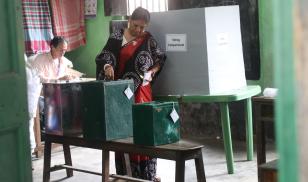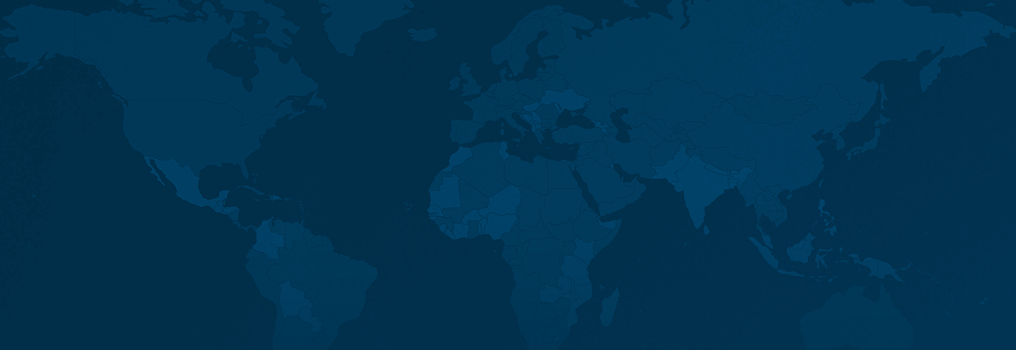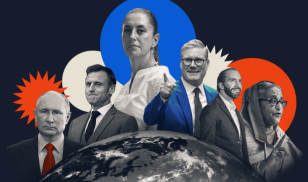


India
While India is a multiparty democracy, the government led by Prime Minister Narendra Modi and the Hindu nationalist Bharatiya Janata Party (BJP) has presided over discriminatory policies and a rise in persecution affecting the Muslim population.
Research & Recommendations
India
| PR Political Rights | 33 40 |
| CL Civil Liberties | 33 60 |
Overview
While India is a multiparty democracy, the government led by Prime Minister Narendra Modi and the Hindu nationalist Bharatiya Janata Party (BJP) has presided over discriminatory policies and a rise in persecution affecting Muslims. The constitution guarantees civil liberties including freedom of expression and freedom of religion, but harassment of journalists, nongovernmental organizations (NGOs), and other government critics has increased significantly under Modi. The BJP has increasingly used government institutions to target political opponents. Muslims, scheduled castes (Dalits), and scheduled tribes (Adivasis) remain economically and socially marginalized.
Democratic governments and donors must increase and sustain support for those working to defend and promote fundamental freedoms around the world. Failure to do so emboldens autocrats and can result in the loss of hard-won progress.
The events of the past year in places such as Nagorno-Karabakh and the Gaza Strip provided stark evidence that populations without self-determination are at greater risk of extreme human rights abuses or atrocities.
At least 40 countries are holding national-level elections in 2024, and many more will conduct other types of balloting. Free and fair elections are a cornerstone of any democracy, and independent and transparent electoral processes are necessary to foster genuine competition and public trust.
India
| A Obstacles to Access | 13 25 |
| B Limits on Content | 20 35 |
| C Violations of User Rights | 17 40 |
Overview
Internet freedom in India worsened during the coverage period, following marginal improvement the previous year, when efforts to bridge the country’s digital divides expanded access to the internet. The government continues to impose internet shutdowns and is considering legislation that would expand its legal authority for such restrictions. Legal challenges to laws enabling the government to censor online content—including against the controversial Information Technology (Intermediary Guidelines and Digital Media Ethics Code) Rules, 2021 (IT Rules)—have seen limits imposed on some powers. However, the state continues to block online content at an increasing pace, and Indian internet users risk arrest for posts critical of the government. Misinformation and disinformation are frequently shared online, and journalists, nongovernmental organizations (NGOs), and members of marginalized groups remain at risk of being targeted by hate speech and harassment online.
Freedom of expression online is increasingly under attack as governments continue to restrict connectivity and block social media platforms and websites that host political, social, and religious speech. Protecting freedom of expression will require strong legal and regulatory safeguards.
Even before the new wave of generative artificial intelligence (AI) products, AI was a key factor in the crisis of information integrity, serving as an intensifier in environments that were already vulnerable to manipulation. However, advancements in generative AI will supercharge the creation and dissemination of false and misleading content.
Governments worldwide have passed increasingly disproportionate surveillance laws, and can access a booming commercial market for surveillance tools, giving them the capacity to flout the rule of law and monitor the private communications of individuals inside and beyond their borders.

Election Watch for the Digital Age equips technology companies, civil society organizations, and policymakers with a data-driven resource for evaluating the human rights impact of internet platforms on a country’s electoral process.
Our Election Vulnerability Index consists of key election-related indicators regarding a country’s political rights and internet freedom. Derived from our annual Freedom in the World and Freedom on the Net reports, the data and accompanying analysis allows users to identify specific areas of concern ahead of a country’s election, including online influence operations, internet shutdowns, or intercommunal tensions fanned by social media.




